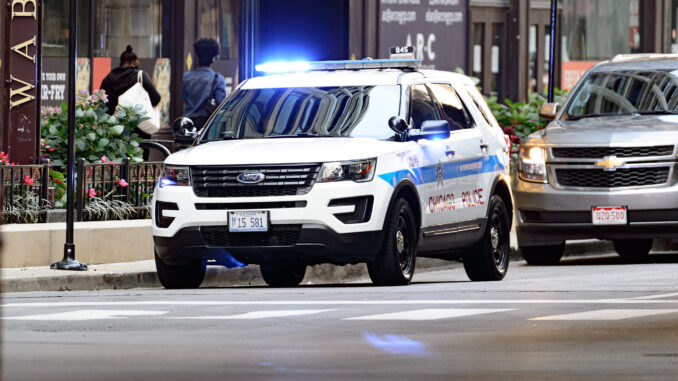
Last summer, historic protests erupted across the country in response to anti-Black police violence. And in Chicago, official police narratives often conflicted with what actually occurred on the ground.
As the national debate about race and policing continues, we asked Lakeidra Chavis of The Trace to lead a conversation examining the roles of crime and accountability reporting within journalism and ways to find the truth even while facing tight deadlines.
You can watch the conversation with panelists Tahman Bradley, WGN, Paige Fry, Chicago Tribune, Jeremy Gorner, Chicago Tribune, and Darryl Holliday, City Bureau in the player below, as well as links they shared to resources and more.
- How Chicago’s ‘Fraternal Order of Propaganda’ shapes the story of fatal police shootings by Yana Kunichoff and Sam Stecklow
- Defund the Crime Beat by Tauhid Chappell and Mike Rispoli
- Building a new media platform for local storytelling and civic engagement in ethnically diverse neighborhoods in Sage Journals
- An Interactive Guide to Ambiguous Grammar by Vijith Assar (breakdown of past exonerative tense)
- To Name, or Not to Name [People Accused of Crimes] from On the Media
- Right to be forgotten: Cleveland.com rolls out process to remove mug shots, names from dated stories about minor crimes
- Chicago Police Department Directives
- What The History Of Black Gun Ownership Can Tell Us About Today by Lakeidra Chavis
- Who Is the “Community” in Community Policing? by Jade Yan
- Community Policing Problems segment from Wyatt Cenac’s Problem Areas

